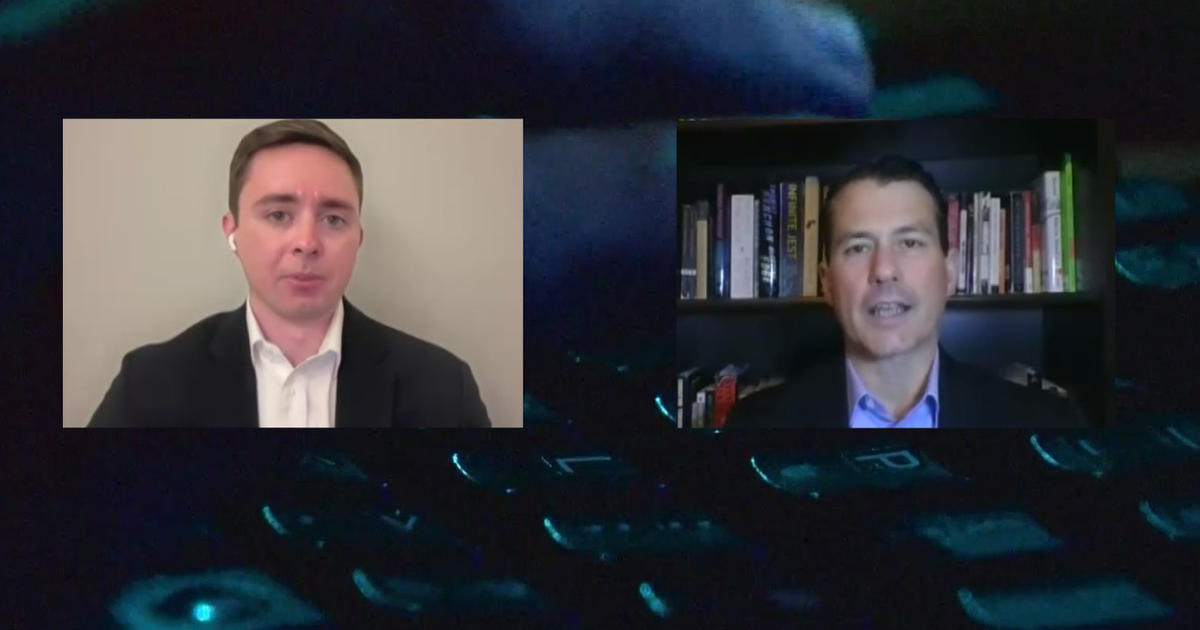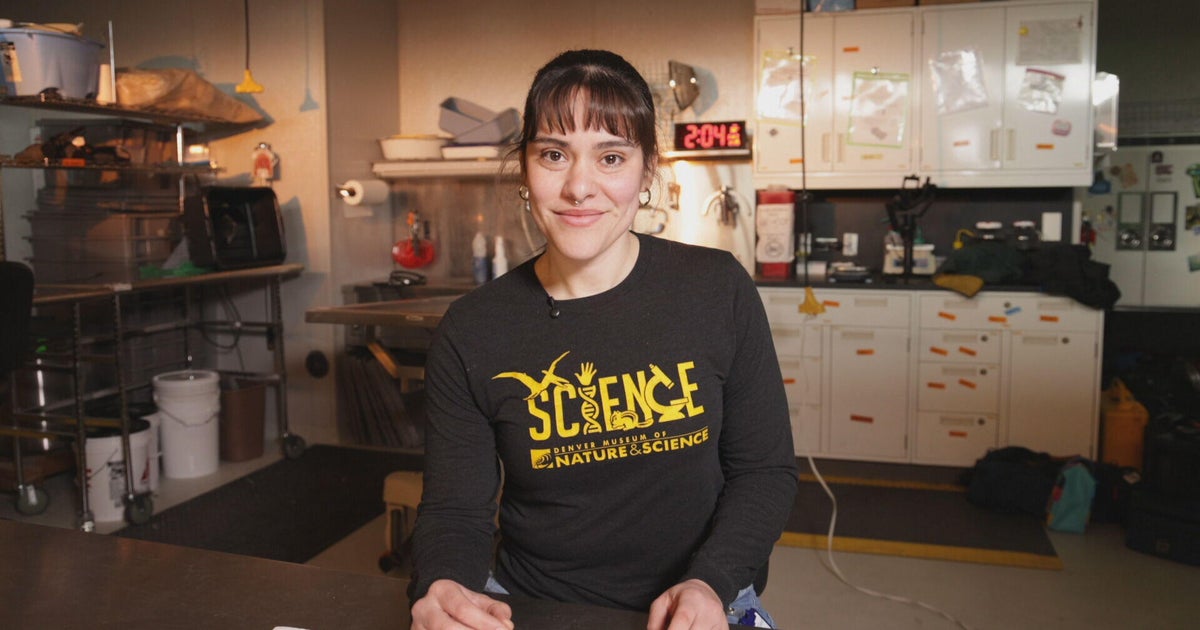Need For Cyber-Security Professionals Higher Than Ever In Philadelphia
Cyber-Security Manager and Senior Lead Technologist, Bill Hargenrader, works for Booz Allen Hamilton, a fortune 500 technology and strategy consulting firm. In addition to his main profession, Hargenrader is an international keynote speaker, and the developer of the cyber-security management application CyberSMART.
What kind of degree is needed to secure a job in our field?
"A degree will open you up to many more job opportunities, higher pay rates, and make it easier for an organization to hire you. Obtaining a Bachelor's of Science in information systems, computer science, or a specialized information security degree is a safe bet. It is possible to make the case for a business or finance based degree if for instance your aim is to specialize in risk management."
What's the most challenging aspect of your job?
"Some of the most challenging aspects of my job are solving tough client problems, managing and working with teams over long distances and in different time zones, developing applications to automate cyber-security processes, and working long hours when a cyber-security incident occurs or if a critical project requires it. Even though the cyber-security profession has been around for a while now, as a society we are now realizing how critical the role is. Cyber-security professionals are the new breed of defender that work to ensure that we are preparing ourselves to face these challenges. It's a very exciting time to get involved in the field."
After graduation, how hard was it to transition into the working world?
"By the time I completed my degree, I was already working in the cyber-security field. I joined the Army National Guard as an information technology specialist after the terrorist attacks on 9-11. After being activated during Operation Iraqi Freedom III, I spent a year in Iraq where I worked 12 hours days, 7 days a week in a network operations center where I honed my skills and improved my knowledge considerably. This allowed me to pursue my cyber-security career path when I returned home to the United States."
What advice would you give someone who is pursuing a career in cyber-security?
"One thing to be aware of is certifications are big in our industry because they show an employer that you have a standard level of knowledge in a focus area. My recommendation for certification attainment in order of increasing value (and difficulty) are Network +, Security +, and the Certified Information Systems Security Professional (CISSP). The CISSP is an advanced certification, but it's one you should keep in mind as you grow into your cyber-security career.
The final piece of advice I have is the advice I give to anyone with questions on what career to pursue: do what you love. Work at something you are passionate about. There is a lot of learning, hard work, trial and error, reading, coding, testing, and working on nights and weekends, so you will serve yourself best to make sure you are going to enjoy the journey."
Christina Thompson is a freelance writer living in Philadelphia. She reports on various topics such as: Social Media, Local Events, Entertainment, Food and Drink and more. Her work can be found at http://firstsendmedia.com/







